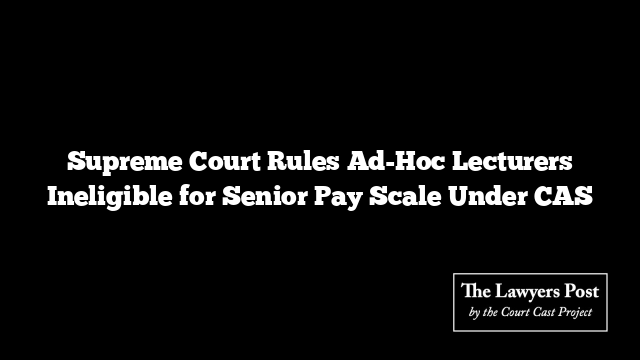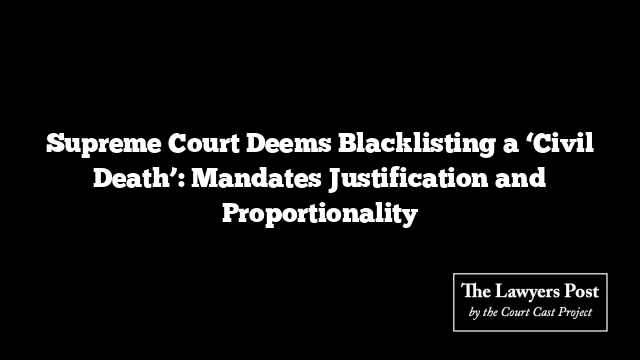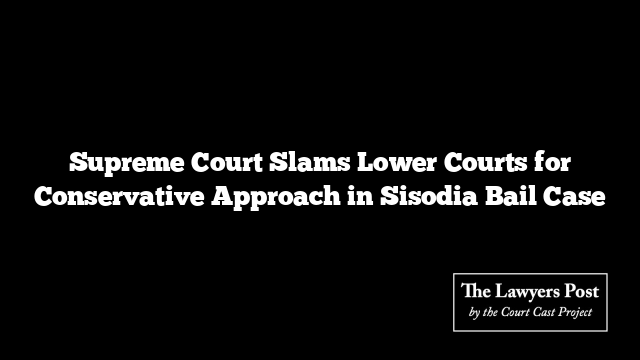In a recent decision, the Supreme Court has clarified that time served as an ad-hoc lecturer cannot be included when determining eligibility for the senior pay scale under the Career Advancement Scheme (CAS). Justices Hima Kohli and Ahsanuddin Amanullah presided over the case, ruling that only regular service counts towards CAS benefits.
The Career Advancement Scheme, which was established by the Union Government on July 22, 1988, was designed to revise the pay scales for university and college teachers effective from January 1, 1986. Under this scheme, lecturers who had completed eight years of service after a regular appointment were entitled to a senior scale of Rs. 3000-5000.
The University of Udaipur, now part of the Rajasthan Agricultural University, had appointed some lecturers on an ad-hoc basis before their regular appointments. The university, in line with a 1988 resolution, sought to revise these positions and grant the revised pay scales to these lecturers, redesignating them as Assistant Professors.
However, the Rajasthan government later directed that the benefits of CAS should only be granted to those appointed through a regular selection process. This led to legal challenges from lecturers who argued that their ad-hoc service should be counted.
Initially, the Rajasthan High Court ruled in favor of including ad-hoc service, referencing a previous decision (State of Rajasthan v Milap Chand Jain, 2013). But this judgment was overturned by the Supreme Court, which relied on an earlier case (State of Rajasthan v. Dr Suresh Chand Agarwal, 2011) that had dismissed similar claims.
The Supreme Court’s latest ruling emphasized that CAS is a policy matter and that the interpretation of such policies falls within the authority of the State Government. The court upheld that ad-hoc service should not be considered for CAS eligibility but allowed for the calculation of retiral benefits based on notional pay.
In conclusion, while the court denied the claim for CAS benefits based on ad-hoc service, it affirmed that any other entitlements based on regular service periods should not be unfairly denied.





